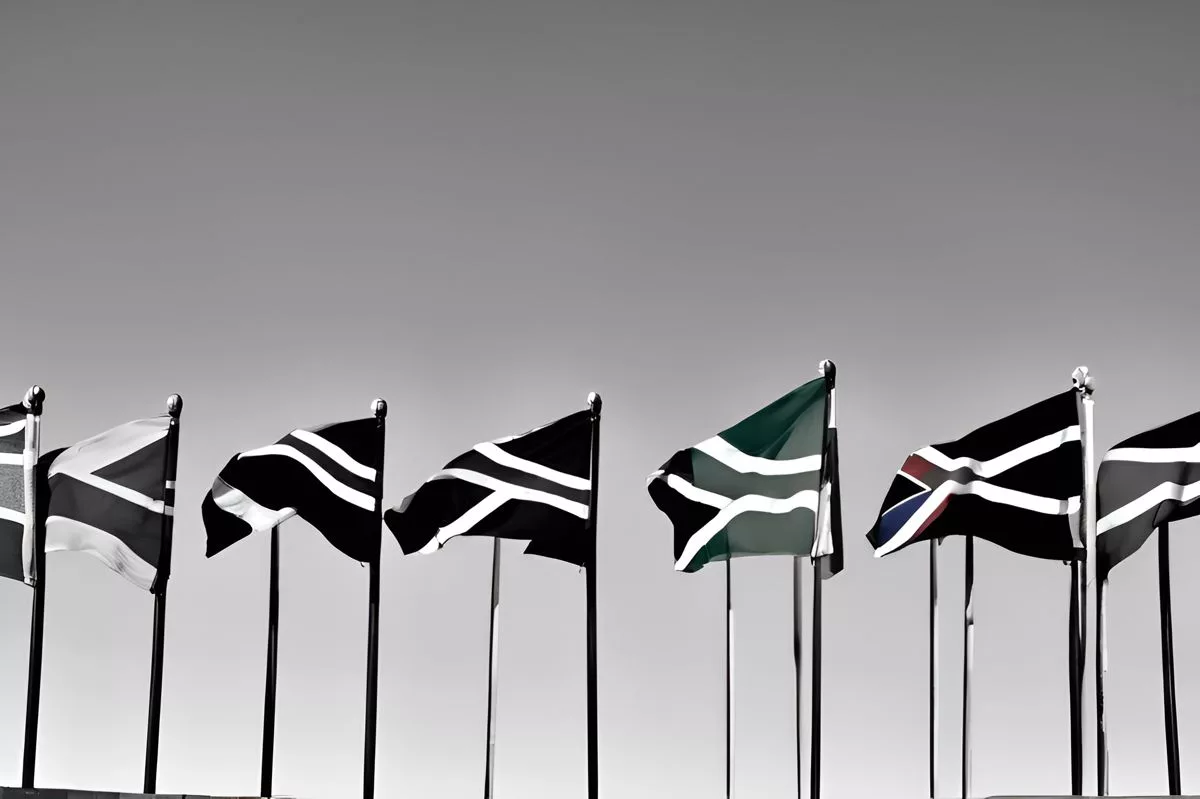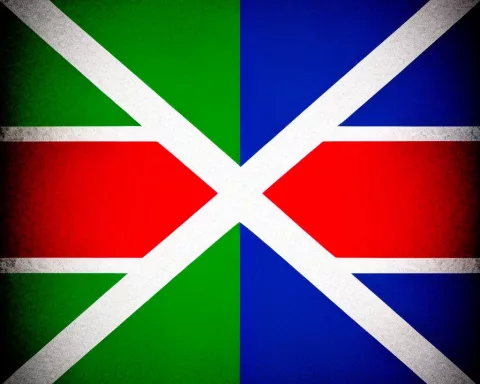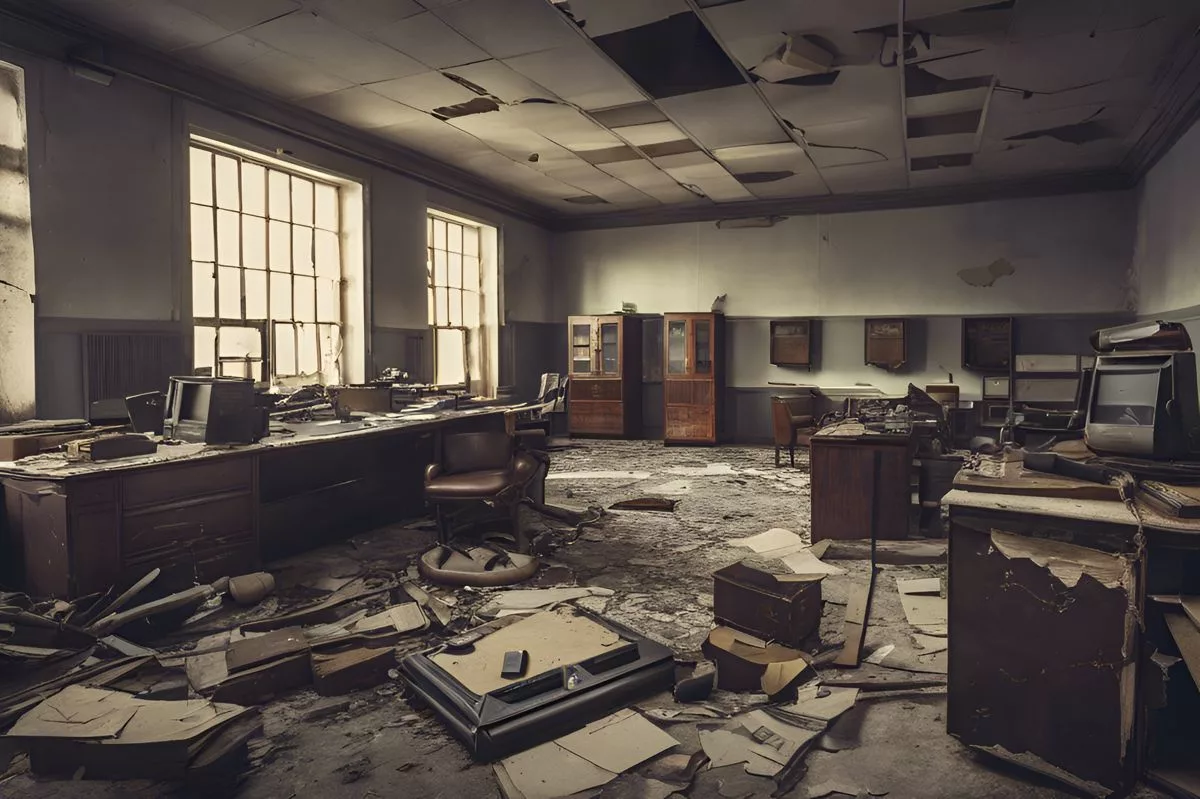The Jacob Zuma-led uMkhonto weSizwe Party, or MK Party, has risen to prominence in South Africa’s political scene with over two million votes and becoming the third largest political party. Their impressive performance in the recent elections has carved out new political possibilities and given them a unique place of power. The ANC’s decline in support has compelled them to seek coalition partners, adding further significance to the MK Party’s rise. This fresh political dynamic holds promising prospects for the future of South Africa’s democracy and its citizens.
The Rise of MK Party in South Africa’s Political Scene
The Jacob Zuma-led uMkhonto weSizwe Party, or MK Party, has risen to prominence in South Africa’s political scene. Their impressive performance in the recent elections has carved out new political possibilities and given them a unique place of power, with over two million votes and becoming the third largest political party in South Africa. The ANC’s decline in support has compelled them to seek coalition partners, adding further significance to the MK Party’s rise.
In the aftermath of significant changes in South Africa’s political dynamics, the Jacob Zuma-led uMkhonto weSizwe Party, or MK Party, has risen to prominence. Their impressive performance in the recent elections on 29 May has carved out new political possibilities and given them a unique place of power.
For the first time since democracy came into existence, the African National Congress (ANC) witnessed a drastic decline in its support, dwindling to a mere 40%. This startling situation has compelled them to seek coalition partners to establish a working government, adding further significance to the MK Party’s rise.
The MK Party, boasting over two million votes, has not only ascended as the third largest political party in South Africa but also won the maximum seats in the KwaZulu-Natal Legislature. This ascent to power was attested by Spokesperson Nhlamulo Ndhlela, who affirmed that deliberations with the ANC were imminent.
MK Party’s Commitment to People and Change
In a powerful expression of their objectives, Ndhlela stated, “The MK Party will lend an open ear while staunchly prioritising the hopes and dreams of the South African majority, and particularly the black community.” This dedication to prioritising the needs of the community is a distinguishing feature of their political ideology.
Ndhlela also underscored their commitment to dismantle the structures that uphold political domination and economic oppression of the South African populace, indicating an important change in the nation’s political conversation.
As coalition discussions progress, ANC Secretary General Fikile Mbalula confirmed that President Cyril Ramaphosa’s status is non-negotiable. This decisive stance regarding any calls for Ramaphosa to step down underlines the ANC’s unwavering commitment to its leadership.
ANC’s Plans for a Government of National Unity
In a noteworthy development, Ramaphosa announced that the ANC National Executive Committee (NEC) is favourably disposed towards the creation of a Government of National Unity. This decision was taken during a meeting convened to discuss the election results and the course of action that should follow.
Under Ramaphosa’s stewardship, the ruling party has already commenced productive dialogues with other significant parties. These include the Democratic Alliance, Economic Freedom Fighters, Inkatha Freedom Party, National Freedom Party and Patriotic Alliance. This strategic move reflects their dedication towards creating a robust and inclusive government.
Ramaphosa articulated his commitment to establish a Government of National Unity by stating, “We are dedicated to ensuring that a Government of National Unity possesses the resources and the competence to build an inclusive economy, generate employment, eradicate corruption, combat crime and enhance service delivery.”
In a bid for unity across political and ideological boundaries, Ramaphosa reinforced, “In creating a Government of National Unity, we will be building on a rich heritage of collaboration.”
A New Chapter in South Africa’s Political History
These landmark developments underscore a crucial juncture in South Africa’s political chronicles, as the country braces for a potential transformation of its political terrain. The substantial rise of the MK Party, together with ANC’s plan to establish a united government, signals the dawn of a new era of political collaboration and consensus.
This fresh political dynamic holds promising prospects for the future of South Africa’s democracy and its citizens. The blend of diverse ideologies and interests, coupled with a common commitment to the nation’s welfare, could reshape South Africa’s political landscape, making it more representative and responsive to the people’s needs. The evolving political dynamics in South Africa signal a new chapter in the country’s history, one that promises to be as dynamic and diverse as the nation itself.
1. Who is the Jacob Zuma-led uMkhonto weSizwe Party or MK Party?
The Jacob Zuma-led uMkhonto weSizwe Party, or MK Party, is a political party in South Africa that has recently risen to prominence in the country’s political scene.
2. How well did the MK Party perform in the recent elections?
The MK Party won over two million votes and became the third largest political party in South Africa in the recent elections.
3. Why has the ANC declined in support?
The African National Congress (ANC) witnessed a drastic decline in its support, dwindling to a mere 40%. This has compelled them to seek coalition partners to establish a working government.
4. What is the MK Party’s commitment to people and change?
The MK Party is committed to prioritising the needs of the South African majority, particularly the black community. They also aim to dismantle the structures that uphold political domination and economic oppression of the South African populace.
5. What is the ANC’s plan for a Government of National Unity?
The ANC is favourably disposed towards the creation of a Government of National Unity, which President Cyril Ramaphosa has stated will possess the resources and the competence to build an inclusive economy, generate employment, eradicate corruption, combat crime and enhance service delivery.
6. What is the significance of these developments for South Africa’s democracy?
These landmark developments signal the dawn of a new era of political collaboration and consensus in South Africa, holding promising prospects for the future of South Africa’s democracy and its citizens. The evolving political dynamics in South Africa signal a new chapter in the country’s history, one that promises to be as dynamic and diverse as the nation itself.












